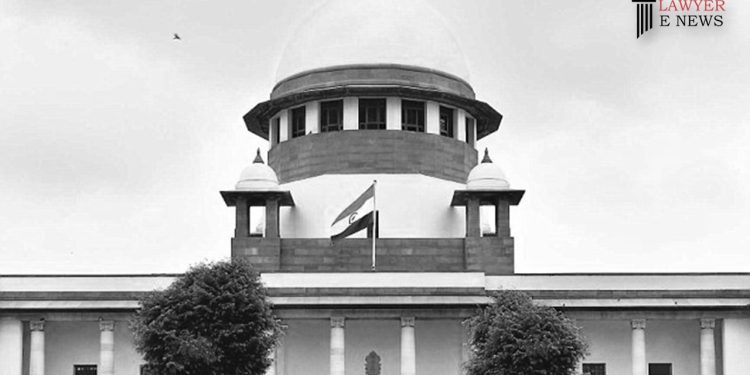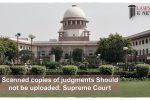Market Value, Not Contracted Price, Determines Deduction – Supreme Court Upholds Assessee’s Right to Higher Deduction on Market Value of Electricity

In a latest judgment that clarifies several vital aspects of the Income Tax Act, the Supreme Court, comprising Justices B. V. Nagarathna and Ujjal Bhuyan, delivered a significant ruling on December 6, 2023, impacting businesses nationwide. The apex court unequivocally held that the market value of electricity, and not the contracted sale rate to State Electricity Boards, is the determinant factor for claiming higher tax deductions under Section 80 IA of the Income Tax Act, 1961.
In the detailed judgment, the court observed, “Market value, not contracted price, determines the quantum of deduction under Section 80 IA of the Income Tax Act.” This observation sets a precedent for assessing the market value of electricity in relation to tax deductions, ensuring a fairer and more accurate assessment for companies involved in power generation and distribution.
The case, revolving around an appeal by the Commissioner of Income Tax against M/S Jindal Steel & Power Limited and associated companies, brought to the forefront several issues related to tax deductions, depreciation on assets, and the classification of carbon credits. The Supreme Court’s decision to uphold the Tribunal and High Court’s views paves the way for a more nuanced approach in computing tax liabilities for energy companies.
In addition to the primary issue of electricity valuation, the court also addressed the depreciation method on assets. The judgment upheld the assessee’s right to choose the Written Down Value (WDV) method for depreciation, stating that there is no specific statutory mode required for exercising such an option. Justice Bhuyan emphasized, “The law does not mandate a specific mode of exercising the option for depreciation methods.”
Furthermore, the apex court ruled in favor of the assessee regarding expenditure claims related to payments made to a consultant, affirming the Tribunal and High Court’s decision. However, the issue of whether carbon credit is a capital or revenue receipt was left open for future adjudication, as it was not contested by the revenue at the High Court level.
Date of Decision: 6th December 2023
COMMISSIONER OF INCOME TAX VS M/S JINDAL STEEL & POWER LIMITED






